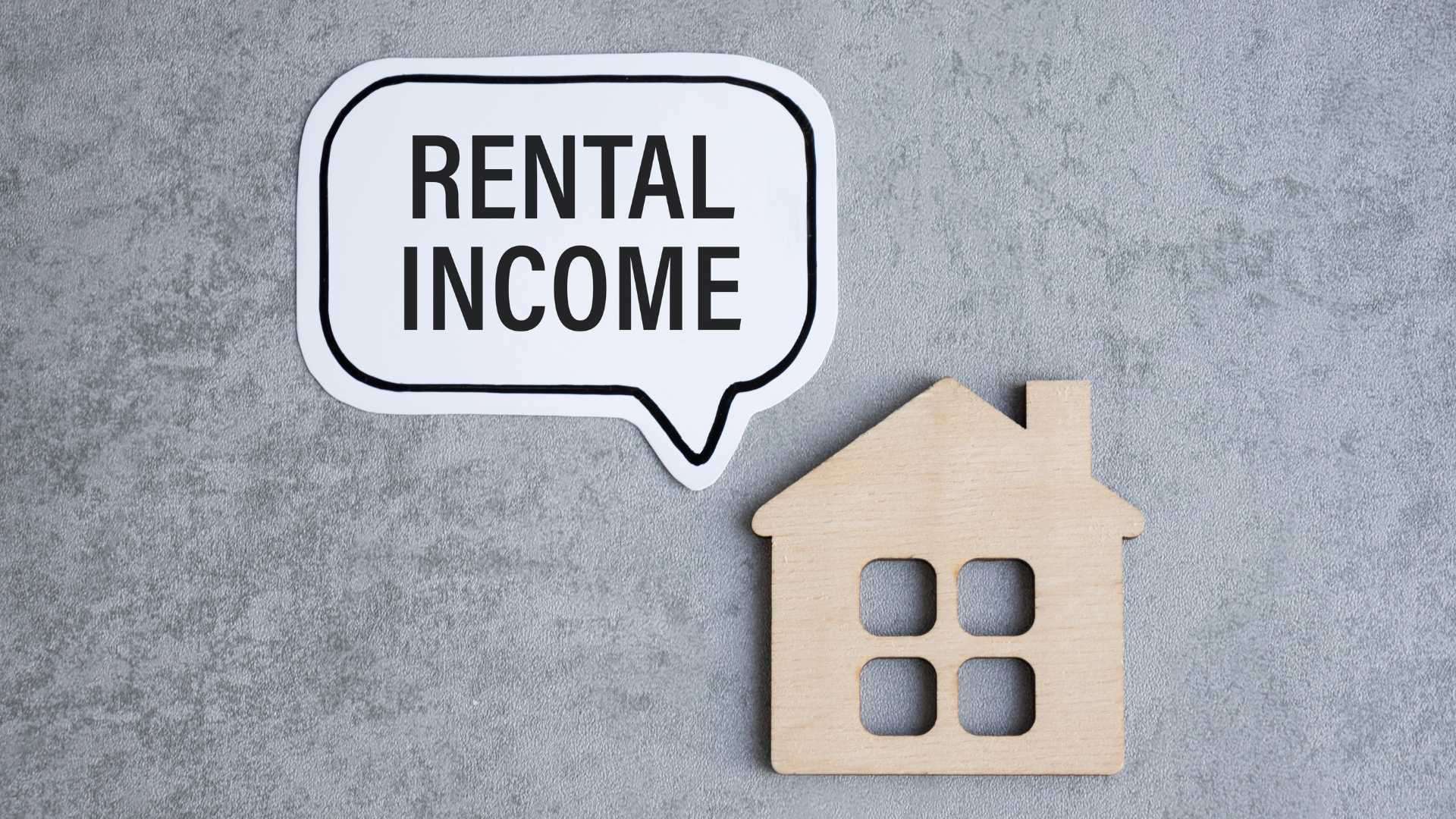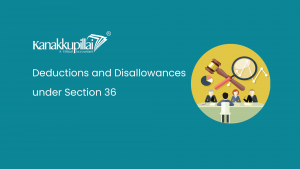![]()
Rental Income Taxation
Renting out property and relocating to a new place can bring about financial gains and changes in tax obligations. Understanding the intricacies of taxation on rental income is essential for property owners in India. This article delves into the tax implications of renting a property and provides insights into the deductions and exemptions available under the Indian income tax laws.
Taxation on Rental Income
When you decide to rent out your 1-BHK house and shift to a higher-rent 2-BHK apartment, it’s crucial to comprehend the taxability of the rental income. In India, rental income from a let-out residential property is categorized as ‘income from house property’ and is subject to taxation. The income is taxed at applicable slab rates, including surcharges and cess. Specific provisions address losses from house property based on the chosen tax regime.
Deductions and Exemptions
Several deductions and exemptions are available under the Indian income tax laws for individuals earning rental income:
- Municipal Taxes and Standard Deduction: Property owners can claim deductions towards municipal taxes paid on the property. Additionally, a standard deduction of 30% is available on the net annual value (rental income minus municipal taxes). This helps in reducing the taxable rental income.
- Interest on Borrowed Capital: Interest paid on a loan taken for the acquisition, construction, repair, or renovation of the property is deductible. This deduction is applicable even if the property is not self-occupied.
Exemptions under the Old Tax Regime:
- House Rent Allowance (HRA): If you are a salaried individual receiving HRA from your employer, you might be eligible for an exemption. The exemption is calculated as the least of the following:
- Actual HRA received
- Rent paid minus 10% of basic salary and dearness allowance
- 50% of basic salary and dearness allowance (40% for properties outside Mumbai, Kolkata, Delhi, or Chennai)
- Section 80GG Deduction: You can still claim a deduction under Section 80GG if you don’t receive HRA. The deduction is the least of the following:
- Rent paid minus 10% of total income
- ₹5,000 per month
- 25% of total income
Conditions for Section 80GG Deduction:
To avail of the Section 80GG deduction, certain conditions must be met:
- The rented accommodation is used for your residence.
- Neither you nor your spouse nor your minor child owns any accommodation at your usual residence, business, or employment.
- No other owned property is considered self-occupied or deemed let-out for calculating house property income.
- You file Form 10BA to claim the deduction.
Conclusion
Taxation on rental income involves a nuanced understanding of Indian income tax laws. As you explore renting out your 1-BHK house and relocating to a 2-BHK apartment, consider the various deductions and exemptions available to optimize your tax liabilities. Whether it’s the provisions for HRA, Section 80GG deduction, or other tax benefits, being well-informed about these regulations will empower you to make sound financial decisions and ensure compliance with tax obligations. Always consult a tax professional to ensure accurate and up-to-date guidance tailored to your situation.





